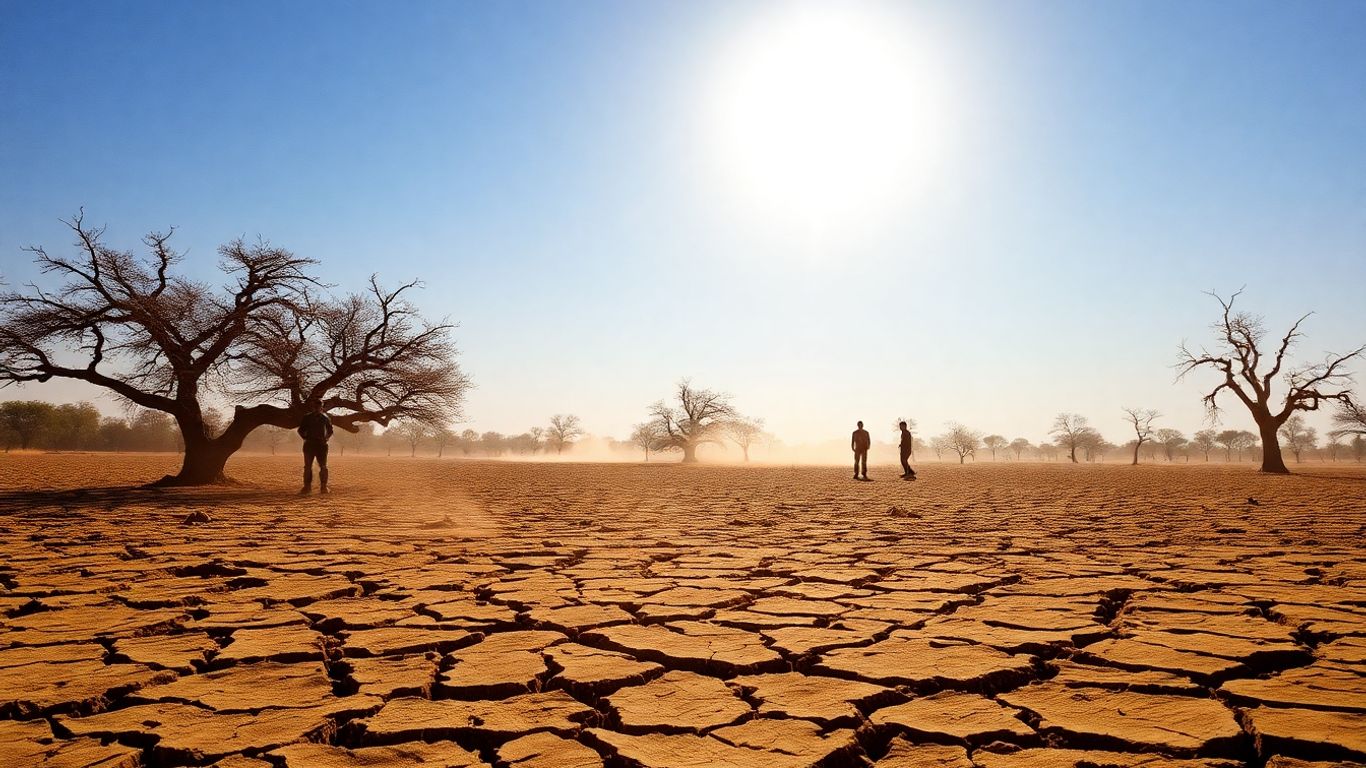The Balkan region is currently experiencing an intense and early summer heatwave, with temperatures soaring to unprecedented levels. Health authorities are issuing urgent warnings, advising residents to seek shade, stay hydrated, and limit outdoor activities during the hottest parts of the day. The prolonged high temperatures are also raising concerns about potential impacts on agricultural harvests.
Key Takeaways
- Serbia recorded its hottest day since the 19th century.
- Temperatures are forecast to reach 40°C (104°F) across the Balkans.
- Residents and tourists are seeking cooler locations like mountains and lakes.
- Concerns are rising over the impact of drought on crops.
Unprecedented Temperatures Grip the Region
Meteorologists in Serbia have confirmed that the previous day marked the hottest on record for the country, with measurements dating back to the 19th century. The forecast indicates that temperatures are likely to climb even higher in the coming days, exacerbating the already extreme conditions.
Authorities across the Balkans are implementing public health advisories. These include recommendations to remain in shaded or air-conditioned environments, avoid direct sun exposure between 11 a.m. and 5 p.m., and to drink plenty of fluids to prevent dehydration. The persistent drought conditions accompanying the heatwave are also a significant concern, with potential threats to agricultural yields.
Seeking Refuge from the Heat
As temperatures are predicted to reach 40 degrees Celsius (104 degrees Fahrenheit) throughout the Balkans in the upcoming week, people are actively seeking ways to cope. In Montenegro, a notable exodus from the hot Adriatic coast has been observed, with tourists and locals heading north to the cooler Durmitor mountain resort. This mountain area, situated at approximately 1,500 meters above sea level, offers a significant temperature reprieve compared to the coastal regions.
Similarly, in Croatia, where recent days have seen wildfires along the coast, residents are finding relief at locations like Bundek Lake near the capital, Zagreb. In North Macedonia, Lake Ohrid has become a popular spot for people to cool off in the water. Despite the intense heat, some individuals remain unfazed, attributing their resilience to being accustomed to warmer climates.






